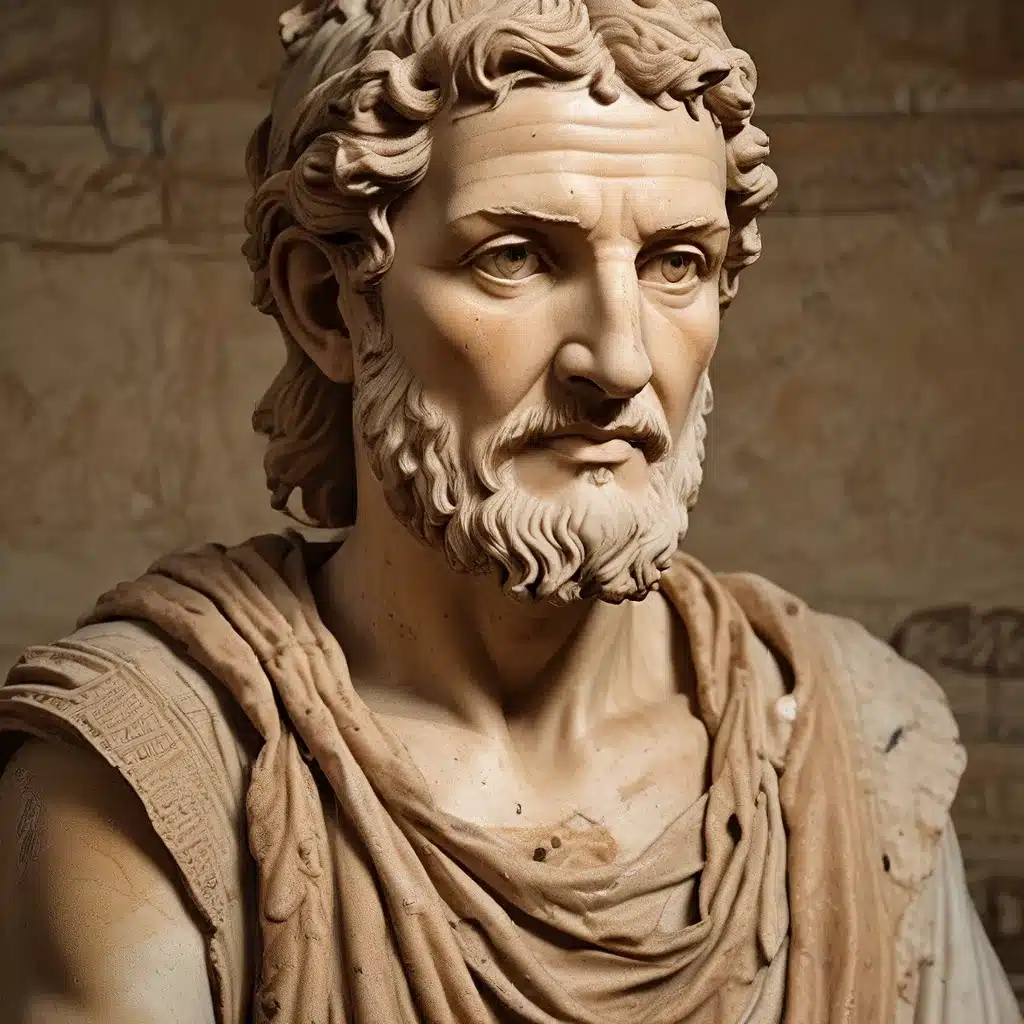
The ancient world has long captivated the imagination of scholars, archaeologists, and the general public alike. From the colossal statues of Easter Island to the intricate water management systems of the Indus Valley, the engineering prowess and cultural achievements of our ancestors continue to astonish and inspire us. As we delve deeper into the mysteries of the past, we uncover not only tangible artifacts but also a wealth of wisdom and insights that challenge our modern perspectives and broaden our understanding of the human experience.
Unlocking the Secrets of the Past
The discovery of King Tutankhamun’s tomb in 1922 was a watershed moment in the history of Egyptology, forever changing our understanding of ancient Egyptian civilizations. British archaeologist Howard Carter’s expedition unveiled a treasure-trove of artifacts and well-preserved remains, providing an unprecedented glimpse into the lives and customs of the people from that era. The intact nature of Tutankhamun’s tomb and the wealth of its contents shed new light on this enigmatic ruler, revealing him to be a significant figure in his own right, despite being overshadowed by more famous pharaohs.
The enduring wisdom of ancient civilizations lies in their ability to challenge our preconceptions, inspire our curiosity, and expand the boundaries of our knowledge. By unearthing the artifacts and uncovering the mysteries that have long been buried, we gain a deeper appreciation for the ingenuity, resilience, and cultural sophistication of our ancestors.
Marvels of Ancient Engineering
One of the most intriguing aspects of ancient civilizations is their ability to construct architectural marvels that continue to defy our understanding of their technological capabilities. The colossal Egyptian pyramids, for instance, stand as a testament to the engineering genius of their builders. The sheer scale and precision of these monumental structures, built without the aid of modern machinery, challenge our assumptions about the limits of ancient engineering.
Similarly, the Nazca Lines in Peru, a series of enigmatic geoglyphs etched into the desert landscape, demonstrate the sophisticated knowledge of mathematics and astronomy possessed by the ancient Peruvians. The technological prowess required to create these intricate designs on such a grand scale continues to baffle scholars, who strive to unravel the secrets behind their creation.
Ancient civilizations also displayed a profound understanding of hydrology and the ability to harness natural resources for the benefit of their societies. The aqueducts and irrigation systems constructed by the ancient Persians and Romans are remarkable feats of engineering that revolutionized water management and distribution in their respective regions.
Deciphering Lost Languages and Scripts
The decipherment of ancient scripts and languages has long been a subject of fascination for scholars. The Rosetta Stone, for example, played a pivotal role in our understanding of ancient Egyptian hieroglyphics, while the undeciphered Voynich Manuscript continues to perplex historians and linguists to this day.
The ability to translate and interpret these ancient forms of communication provides invaluable insights into the cultural practices, beliefs, and worldviews of our ancestors. By deciphering these scripts, we can gain a deeper appreciation for the intellectual and creative prowess of ancient civilizations, as well as the complexity of their social, political, and religious structures.
Unveiling the Mysteries of Ancient Beliefs and Practices
The beliefs and cultural practices of ancient civilizations offer a window into their values, perspectives, and ways of understanding the world. From the complex mythologies of the Aztecs to the intricate astronomical knowledge of the Mayans, these ancient belief systems reflect the profound ways in which our ancestors sought to comprehend their place in the universe.
The religious and spiritual constructs of these civilizations often served as the foundation for their social and political structures, shaping their worldviews, customs, and modes of governance. For example, the ancient Egyptians’ belief in the divine nature of their rulers and the intricate pantheon of gods and goddesses that governed their understanding of the cosmos had a significant impact on their societal organization and decision-making processes.
The Enduring Legacy of Ancient Civilizations
The influence of ancient civilizations continues to resonate profoundly in our modern world, shaping the way we think, live, and interact with one another. From the development of Western philosophical thought to the impact of ancient Greek and Roman art and architecture, the legacy of these long-forgotten empires has left an indelible mark on our collective experience.
In the realm of literature, the epic tales and mythological narratives of ancient civilizations have captivated the human imagination for millennia, serving as a testament to the universal themes and archetypes that resonate across cultures and time periods. The technological and scientific advancements of our ancestors have also laid the foundation for modern progress, guiding our understanding of the cosmos, the natural world, and the very foundations of human society.
The Lost Kingdoms is dedicated to exploring the timeless wisdom and enduring mysteries of ancient civilizations, uncovering the treasures of antiquity that continue to shape our understanding of the human experience. By delving into the rich tapestry of the past, we can unlock valuable insights that challenge our modern perspectives and inspire us to push the boundaries of our knowledge and understanding.


